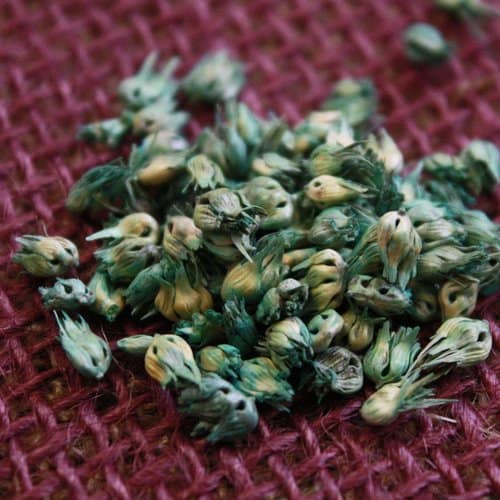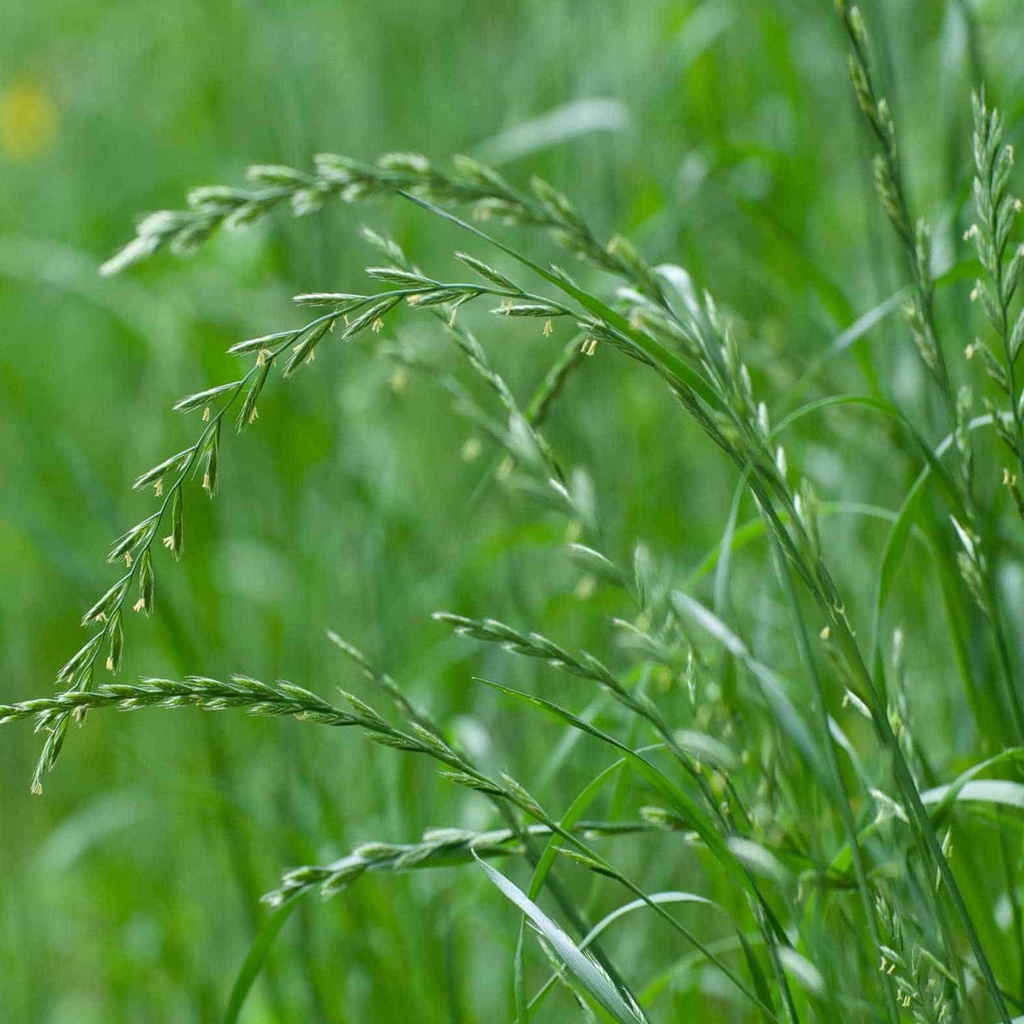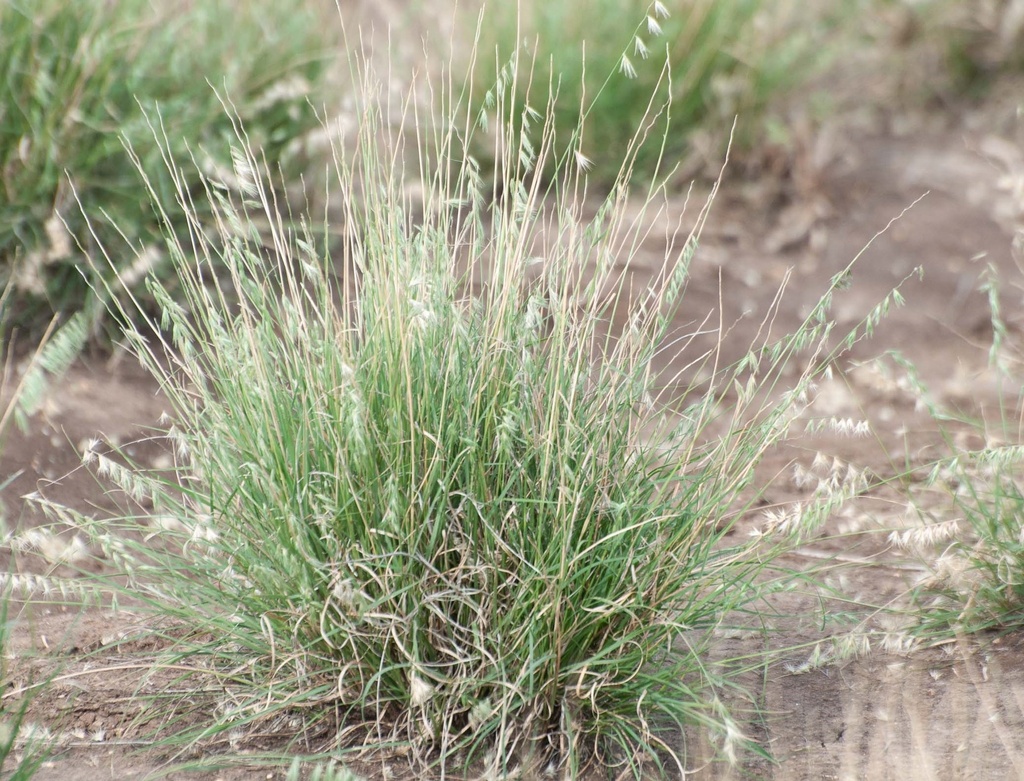Last Updated on April 7, 2025 by Tanya Janse van Rensburg
For homeowners trying to create or preserve a rich, healthy lawn, selecting the appropriate turf seed is vital.
Choosing the best turf seed requires knowledge of several elements influencing lawn long-term health and growth.
From environmental factors to the particular requirements of your soil, every element counts greatly to guarantee that the seed you buy will flourish in your surroundings.
Understanding the correct actions to take before making a purchase will help to save future time, money, and effort.
The choice should coincide with your particular requirements whether you require a visually appealing range to accentuate your outdoor décor or strong grass for heavy use.



Though less expensive lawn seed choices are appealing, it's wise to consider the long-term advantages of purchasing better-quality Texas native turf seeds.
Bad quality seeds could cause problems like unequal development, low disease resistance, and frequent reseeding necessity.
Based on the area you plan to seed, figure out your budget and balance it with the quality of the turf seed.
By eliminating unnecessary maintenance expenses and grass repair, sometimes a little extra upfront might save you money over time.

When shopping for turf seed, one should pay great attention to the germination rate. Higher germination rates mean more of the seeds will sprout and grow healthy grass.
Make sure you buy fresh, free-from-contamination seeds. Selecting a reliable source guarantees that the seed mix you are obtaining satisfies high criteria of quality and purity.
Every variety of turf seed has unique care and maintenance requirements.
While certain grasses require more frequent watering, fertilizer, and mowing, others might have rather low upkeep.
One should consider the time and effort one is ready to commit to keeping their lawn.
Choose grass types that demand less frequent mowing if you want a low-maintenance solution.
Alternatively, if you prefer to invest more time, consider more fragile, high-maintenance grasses that require extra care to remain healthy.

Certain areas feature grass seed kinds designed especially for local use.
These geographical variations are often more suited to particular environmental conditions including temperature, precipitation, and soil type.
Purchasing a seed catered to your area can help to maximize success and long-term viability.
Making a wise choice will depend on knowing which grass species are native or best fit for your environment.
Choosing turf seed mostly depends on cost since the kind and brand will affect the price greatly.
Even if the less expensive choice could be appealing, quality should always come first.
Though high-quality Texas native turf seeds are initially more expensive, it will eventually produce a better, more sustainable lawn.
Buyers should also consider the continuous maintenance, water, and fertilizer costs that will eventually contribute to the whole outlay in addition to the cost of the seed.


Acquiring premium, fresh seed depends on choosing the correct source for your lawn seed.
Reputable suppliers usually provide seed verification for germination rates and quality.
If you're a first-time buyer especially, they could also offer direction on the best seed types for your area and environment.
Reliable seed suppliers can be found through online evaluations, friend referrals, or guidance from nearby garden centers.
Considering the main purpose of your lawn will help you choose the correct turf seed.
You will choose a more robust grass kind if you intend to utilize your yard for active events like sports, kids' play, or pet activity.
These grasses regenerate fast and are designed to resist regular foot traffic.
Alternatively, if the lawn is meant mostly for decorative purposes, you want a grass type with a rich, vivid green color.
Each type of grass has different benefits, thus consider your needs carefully and select one that will fit the conditions of your lawn.

It's essential to evaluate your local climate and environmental conditions when selecting turf seeds.
Understanding your region’s average temperatures, rainfall patterns, sunlight exposure, and soil quality will help you choose seeds that can naturally thrive in your specific location, reducing the need for excessive watering and fertilization.
Choosing the right turf seed involves thoughtful consideration of factors like your lawn’s primary use, regional climate conditions, maintenance requirements, budget constraints, and seed quality.
Taking the time to carefully select a seed tailored to your specific needs will ensure a thriving, resilient lawn, offering lasting beauty and satisfaction for years to come.